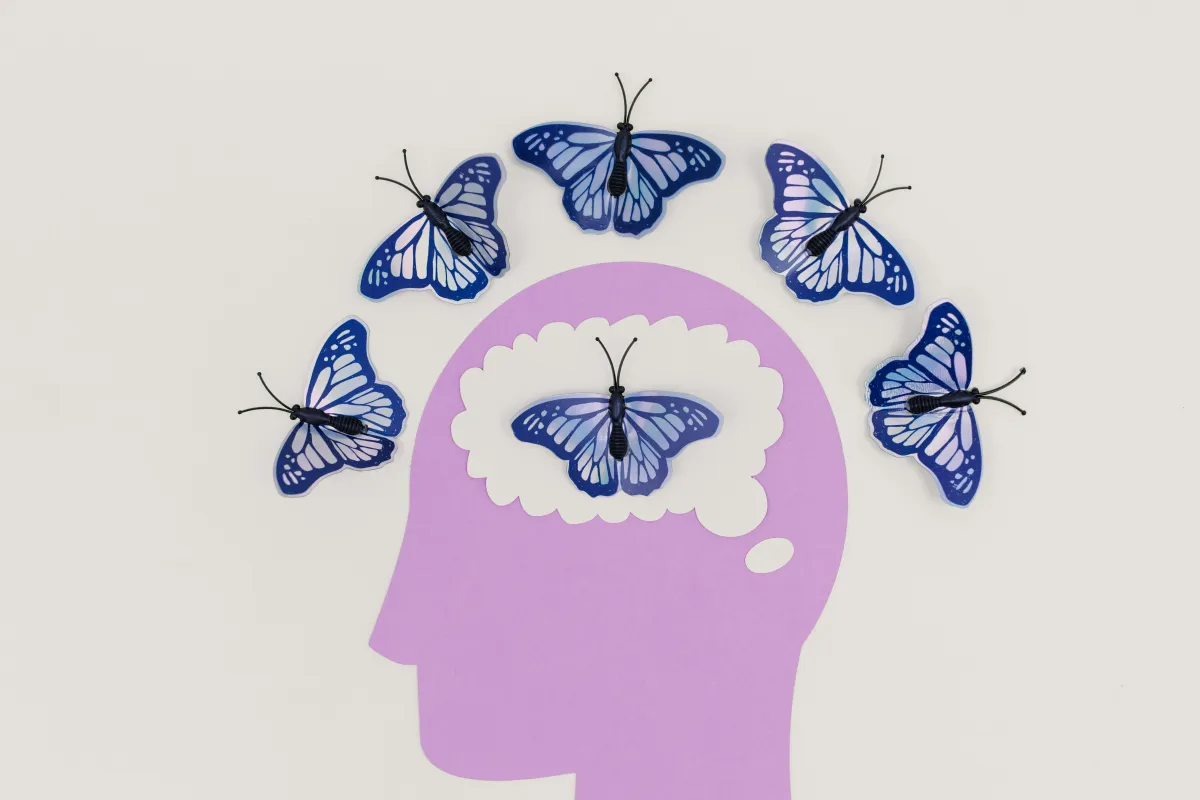#OdysseyHub
Embark on an odyssey of high school tales, expert insights, and the roadmap to your future at OdysseyHub.
Our blog is your navigational compass through the high school landscape, offering vibrant stories, invaluable knowledge, and expert perspectives on college, the military, trade schools, the workforce, and beyond.

Your Source For #whatevercomesnext

Unrot Your Brain in 2025: The Case for a Digital Detox
It’s no surprise that Oxford’s Word of the Year is brain rot.
The term, often used humorously by online communities, speaks to a deeper concern: the supposed deterioration of a person’s mental or intellectual state, often caused by overconsumption of trivial or unchallenging content.
For high school students, the stakes are particularly high. While we are committed to providing a digital solution to burnout and anxiety about the future with Appli, we can’t address these issues without calling out one of its major amplifiers and root causes: doom scrolling.
What Is Doom Scrolling, and Why Is It Harmful?
Doom scrolling refers to consuming an endless stream of negative or trivial content online. While it might feel like a harmless way to pass the time, research shows that it can seriously impact mental health by:
Reinforcing anxiety, depression, and stress.
Lowering self-esteem and productivity.
Disrupting sleep patterns and causing physical symptoms.
Apps like Instagram and TikTok are designed to keep you hooked, feeding you content that triggers dopamine, a chemical associated with pleasure and reward. Over time, this constant cycle can lead to addiction, making it harder to focus on real-life responsibilities or find joy in offline activities.
Recognizing the Signs of Social Media Addiction
Could you be affected? Here are some signs to watch out for:
Spending more than the average 2.5 hours daily on social media.
Neglecting tasks like tidying up, preparing meals, or spending quality time with loved ones.
Feeling stressed or irritable when unable to check social media.
Experiencing a decline in overall well-being.
Obsessing over likes, followers, or staying updated with posts.
Struggling to concentrate on offline activities.
If any of these resonate, you’re not alone and there’s hope.
The Good News: Your Brain Can Heal
Studies suggest that just one month of social media detox can restore your brain’s natural dopamine balance. We would like to encourage you to do this, as this is the most effective way.
Here’s how to start:
Announce your detox to friends and followers. Not only will this help you resist the urge to check for any messages, it might even inspire someone else to heal their brain.
Set boundaries for when and how you’ll use social media after your break. For example, log in only after a specific hour or limit the number of platforms you use. You may also set a time limit for social media apps, so that your phone reminds you when it's time to move on.
Focus more attention on the present moment. Look around you, and prioritize time with the people who are physically next to you than those who are online.
The New Year is the perfect opportunity to set goals that prioritize mental health. If quitting social media entirely feels daunting, start small:
Set a daily timer for your screen time.
Unfollow accounts that post negative content or trigger negative emotions.
Replace scrolling with positive distracting activities like reading, exercising, or journaling.
Practice mindfulness by focusing on your surroundings and nurturing in-person relationships.
Your brain is precious. Protect it by breaking free from the cycle of compulsive scrolling. Let’s make 2025 the year we unrot our brains and rediscover what it means to truly connect with ourselves, our goals, and the people around us.
Retrieved from:
Bally, L. (2024, March 7). The science behind social media addiction and how to break free. Freedom. Retrieved from https://freedom.to/blog/the-science-behind-social-media-addiction-and-how-to-break-free/#:~:text=from%20social%20media.-,Dr.,Lembke%20writes
Oxford University Press. (2024, December 2). ‘Brain rot’ named Oxford Word of the Year 2024. Oxford University Press. Retrieved from https://corp.oup.com/news/brain-rot-named-oxford-word-of-the-year-2024/
UNC Health Caldwell. (2023, May 16). Doom scrolling and its effect on your mental health. UNC Health Caldwell. Retrieved from https://www.caldwellmemorial.org/wellness/wellbeing-with-caldwell/doom-scrolling-and-its-effect-on-your-mental-health/
Woolley, K., & Sharif, M. A. (2022, January 31). The psychology of your scrolling addiction. Harvard Business Review. Retrieved from https://hbr.org/2022/01/the-psychology-of-your-scrolling-addiction


